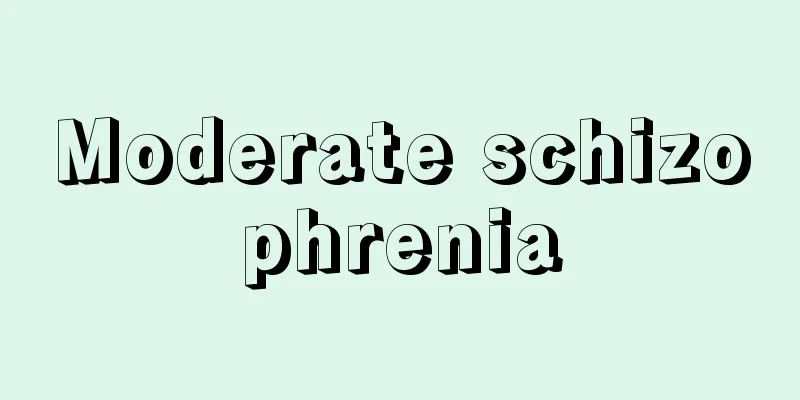Introduction of Lysine Hydrochloride Granules

|
Lysine hydrochloride is the first amino acid our body needs. This element is essential during children's development period, recovery period after illness, lactation period, etc. Once our body lacks lysine hydrochloride, it will experience decreased appetite, indigestion, weight loss, proteinemia, etc. In fact, lysine hydrochloride is an important component of protein. Lysine hydrochloride granules are beneficial for children, pregnant women, and lactating women. They can also improve diseases caused by calcium and zinc deficiency. Pharmacology and Toxicology of Lysine Hydrochloride Granules Lysine (Lys) is an alkaline amino acid with two amino groups in its molecule. It is one of the essential amino acids for the human body and is particularly important among the eight essential amino acids for maintaining the body's nitrogen balance. It is one of the important indicators for measuring the nutritional value of food, especially during the developmental period of children, the recovery period after illness, and the pregnancy and lactation period, when the need for lysine is higher. Due to its low content in foods such as rice and corn, it is easily deficient in the human body and is called the "first deficient amino acid." Lysine deficiency can cause growth retardation, loss of appetite, weight loss, negative nitrogen balance, hypoproteinemia, dental maldevelopment, anemia, decreased enzyme activity and other physiological dysfunctions. Lysine is widely present in various proteins. Its content is relatively high in meat, eggs, milk and other proteins, about 7% to 9%, and as high as 13% in chicken egg protein. Lysine hydrochloride granules indications This product is mainly used as a nutritional supplement for children and patients in recovery. It can be used alone or mixed with vitamins, inorganic salts and other essential amino acids. Lysine can increase the permeability of the blood-brain barrier, help drugs enter brain cells, and is an auxiliary drug for the treatment of brain diseases. It is clinically used for loss of appetite, malnutrition and brain stunting in children caused by lysine deficiency. Recommended dosage and precautions The minimum daily requirement for adults (in terms of L-lysine) : about 0.8g for men, about 0.4g for women, 12-32mg/kg for young people, and 180mg/kg for children (1g of lysine is equivalent to 1.25g of L-lysine hydrochloride) |
<<: What are the effects of lysine hydrochloride
>>: How to distinguish sesame oil from sesame oil
Recommend
Brief description: Common symptoms of malignant lymphoma
Clinically, the symptoms of malignant lymphoma ar...
What are the symptoms of a cold constitution?
People with a cold constitution have a higher ris...
Is it likely that my grandfather will inherit stomach cancer?
Is there a high chance of inheriting stomach canc...
What is matcha powder made of
Matcha powder is an ingredient with relatively hi...
What is progressive muscular dystrophy
I believe everyone is familiar with the problem o...
Is prostate cancer a major surgery?
Is prostate cancer a major surgery? Prostate canc...
5 typical symptoms of laryngeal cancer
The clinical manifestations of laryngeal cancer v...
What should you eat in the advanced stage of lung cancer? Dietary considerations for advanced lung cancer
How to eat in the late stage of lung cancer? Lung...
How long can one live with mid- to late-stage laryngeal cancer
Laryngeal cancer is very serious in the late stag...
What are the dangers of hair extensions
Everyone is more familiar with hair extensions, w...
The relationship between lung cancer and smoking
The exact cause of lung cancer is still unknown. ...
Which hospital is the most authoritative for treating brain cancer
According to statistics, about 2 million people d...
What to do with the red marks after the scab falls off after a burn
In life, many people will have some red marks aft...
Why are my neck and armpits dark?
Everyone's skin is different. Some people hav...
What to do about cervical precancerous lesions? What are the causes of cervical precancerous lesions?
Cervical precancerous lesions refer to lesions be...









